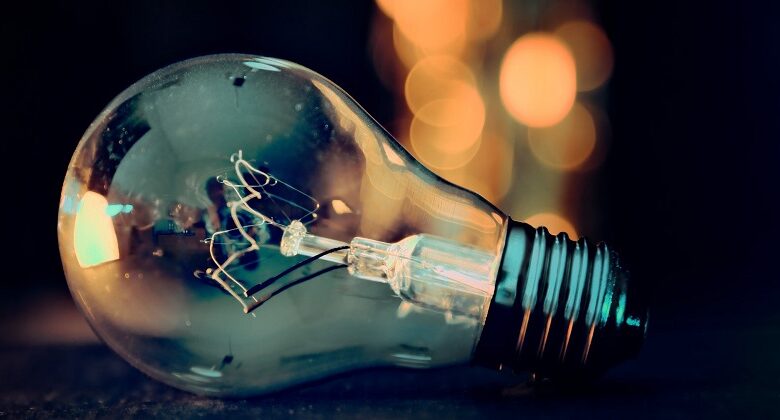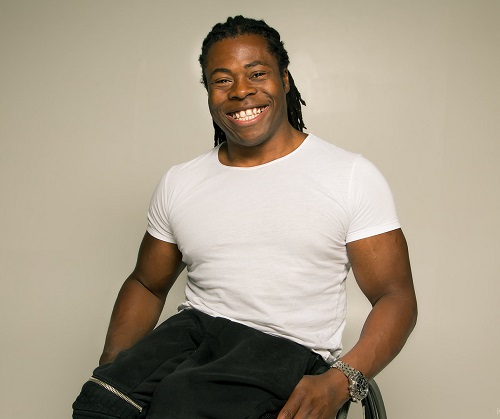
Research reveals having a smart meter eases energy concerns for disabled people
2020 has been a tough year for most people, but new research reveals that having a smart meter, which replaces old analogue energy meters in households across Britain, is making life a little bit easier and eased energy concerns for many disabled people and those in vulnerable circumstances.
 A survey of 2,000 adults living with a disability, mental health condition, on low income or in a vulnerable category found that certain struggles related to their energy meters go largely unnoticed and have proven much more difficult during the pandemic.
A survey of 2,000 adults living with a disability, mental health condition, on low income or in a vulnerable category found that certain struggles related to their energy meters go largely unnoticed and have proven much more difficult during the pandemic.
What the survey says
The survey, conducted by OnePoll, found two thirds of those with a disability, mental health condition, on low income or in a vulnerable circumstance say the pandemic has made their life more difficult.
60% say people living with a disability have been forgotten about during the pandemic.
One in ten said they know someone living with a disability who was unable to top up their gas or electricity because they couldn’t get to the shop, while 21% said their meters are in awkward to reach areas of their home. Furthermore, 9% said a carer couldn’t come over to access the meter due to the pandemic.
But simply having a smart meter installed by their energy supplier at no extra cost has taken away concerns over accessing hard to reach or awkwardly placed energy meters for 7 in 10 of Britons who have already made the switch.
In addition, 61% of those surveyed said that having a smart meter has made managing their energy easier during the pandemic.
Ade Adepitan MBE highlights the benefits of a smart meter

Paralympian, TV presenter and author Ade Adepitan MBE, who is campaigning to highlight the benefits of smart meters to vulnerable people, said:
“People living with a disability or in vulnerable circumstances face challenges on a daily basis, and technology is playing an increasing role in knocking down some of those barriers. Smart meters are a pretty simple piece of tech, but the tasks that they completely remove could make life easier for many people across Britain.
“For example, customers with smart prepay meters no longer need to worry about going to the shops to top up, which can be more difficult with limited mobility, sight or hearing loss.”
“With a smart meter you can top up online or via an app and see when credit is running low on the in-home display.”
“Meter readings are also automatically sent directly to your energy supplier, and the in-home display shows your energy use in near-real time in pounds and pence, which can help households, especially those with low incomes, to take control of their energy use and have complete visibility over what they are spending.
“Energy may not be very exciting, but it’s still an essential everyday part of life which no-one should have to struggle with in this day and age.”
Accessible In-Home Display smart meter for people with sight loss and other hidden disabilities
For the millions of people affected by sight loss, smart meter display manufacturer, geo, and the Royal National Institute of Blind People (RNIB) have been working with energy suppliers to develop an Accessible In-Home Display (AIHD).
At the push of a button, the device audibly tells the customer how much energy they are using in near-real time, which will in turn help them improve their energy efficiency and could help them reduce spending on gas and electricity.
In the future, energy data from smart meters could also help the NHS to improve care for people living with conditions such as dementia, making it easier for them to live independently in their homes for longer.
Energy usage patterns from the smart meter could, with consumer consent and as part of a wider system, be used as a non-intrusive way to understand the daily appliance use of people with illnesses such as dementia, Parkinson’s and depression.
Irregularities in these patterns, such as using the kettle in the middle of the night, could alert relatives or healthcare workers that the person may need additional support.
Dan Brooke, CEO of Smart Energy GB, added:
“Smart meters help save you time, money and the planet. They are at the heart of an energy revolution that’s improving people’s lives today and will change Britain for the better, forever.”
“Life has enough challenges, particularly right now and particularly for disabled customers and those in vulnerable circumstances, without having to worry about going out in the cold to top up the gas or electric, reading an inaccessible meter or worrying about how much you’re spending on heating every day.
“Smart meters make life easier and cheaper and energy suppliers all over the country are ready and waiting to fit them, so make contact, book an installation and give yourself one thing less to worry about.”
Energy UK’s Vulnerability Commitment services
To support vulnerable customers, Energy UK has also launched a Vulnerability Commitment, under which energy suppliers have pledged to improve the support they provide to vulnerable households. This includes training front line call centre staff to help better identify and assist vulnerable callers, plus providing a freephone number for customers in financial hardship where appropriate.
Other help available for customers in vulnerable circumstances includes the warm home discount, cold weather payments, fuel direct scheme and annual gas safety checks. Contact your energy supplier to find out more and if you are eligible.
To find out more about how to get a smart meter in your home, contact your energy supplier.
Have you already got a smart meter and has it benefited your daily living and finances? Share you experience in the comments box or on Facebook and Twitter.
By Emma Purcell
More on Disability Horizons…
- Ade Adepitan on his wheelchair basketball career and becoming a television presenter and author
- Influential voices in the disability community reflect on Life After Lockdown
- Accessible housing: download your FREE guide to finding an accessible home
- 8 disability living aids and products to help you through lockdown